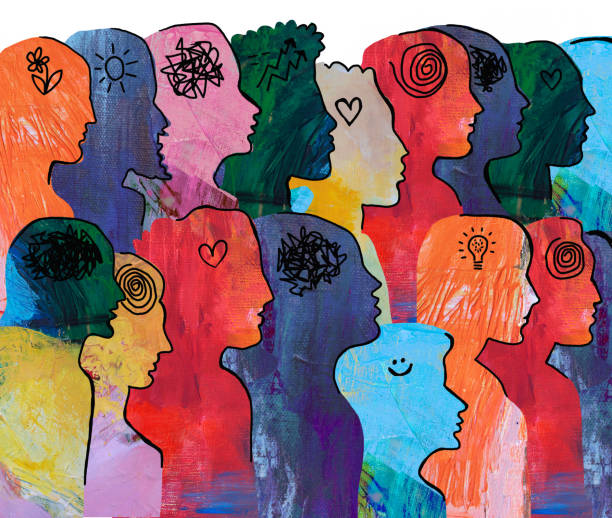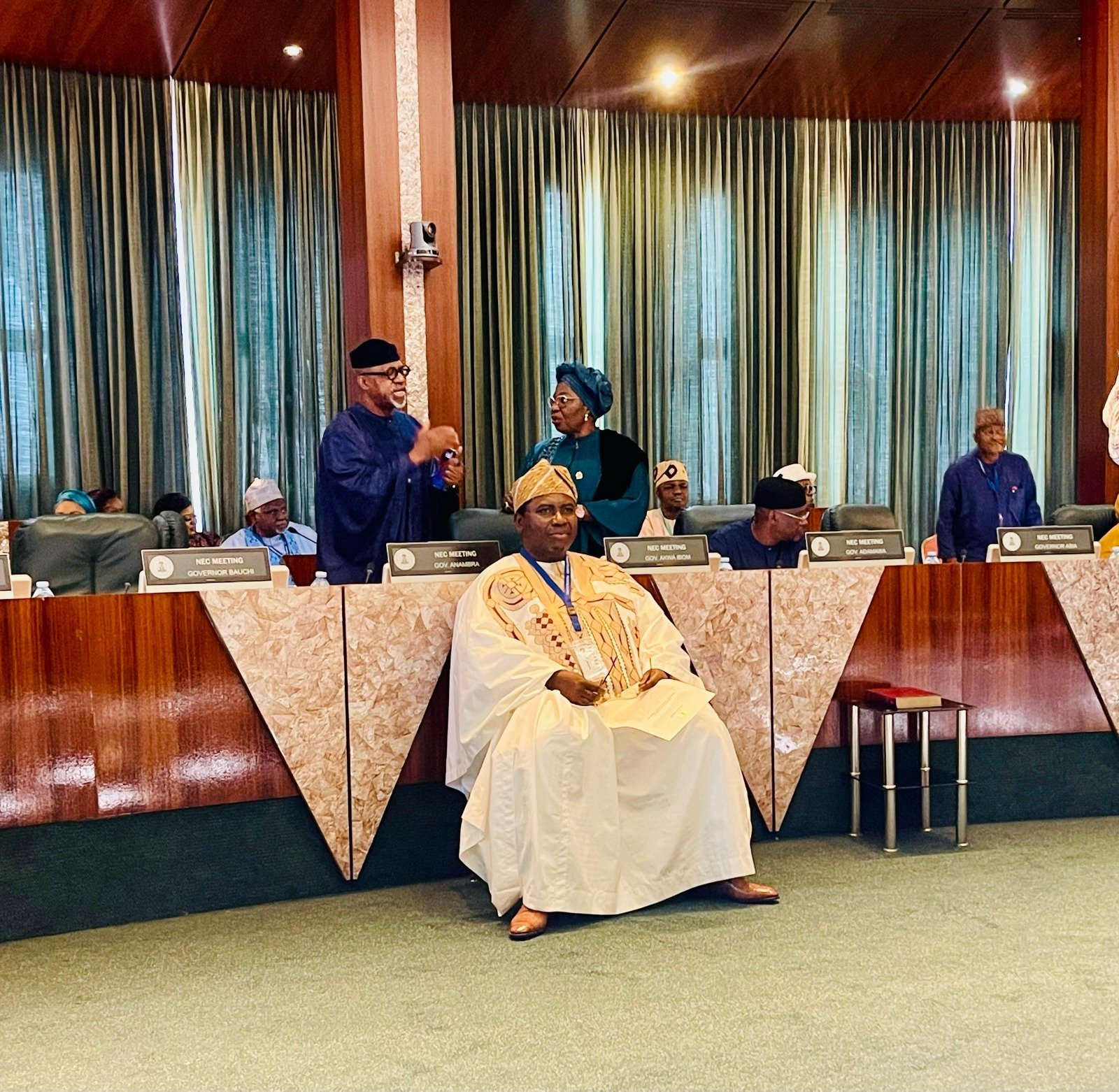In a country where “it is well” has become a blanket response to everything from heartbreak to job loss, mental health remains a silent battle. As Nigeria faces inflation, insecurity, joblessness, and wahala from every angle, more and more people are quietly breaking down—but not many are speaking up.
“There’s pressure everywhere,” says Chika, a 32-year-old teacher in Lagos. “You wake up thinking of rent, fuel, food, and somehow you’re expected to just ‘thank God’ and smile through it. Sometimes I don’t even want to get out of bed. But who do I tell that without being called dramatic or ungrateful?”
She’s not alone.
From the roadside mechanic in Kano to the young tech bro in Port Harcourt, Nigerians are feeling the mental weight of hard times. Yet in homes, churches, mosques—even in hospitals—conversations around depression, anxiety, and burnout are often swept under the rug like last night’s suya paper.
“Pray it away” Culture Meets Reality
Therapists across the country say more people are coming forward with emotional and psychological distress—but stigma remains a huge problem.
“Many Nigerians still believe mental health is spiritual or a moral weakness,” explains Dr. Amina Abdullahi, a clinical psychologist based in Abuja. “People are told to pray harder or fast longer instead of seeking therapy. Religion is a powerful part of our culture, and while faith can help, it should not replace professional help.”
She adds that a growing number of young Nigerians are reaching out, often in secret, through online therapy platforms. “They don’t want their parents or pastors to know. There’s still fear of being called ‘mad’.”
“Even Pastors Get Depressed”
Surprisingly, some religious leaders are beginning to speak out.
Reverend Mike Adetunji, a Pentecostal pastor in Ibadan, recently began including mental health talks in his Sunday sermons.
“Even Jesus wept,” he tells his congregation. “If our Lord could feel sorrow, who are we to act like superheroes? I had a mental breakdown in 2020. I prayed, yes—but I also went for therapy. I’m not ashamed.”
Imams, too, are slowly shifting the narrative.
According to Imam Bashir, who runs a youth centre in Kaduna, “It is not haram to seek mental health care. The Prophet taught us to care for the mind and body. We must stop seeing it as a weakness.”
Young People, Big Battles
For Nigeria’s Gen Z and Millennials, mental health challenges are layered.
There’s the daily stress of unemployment, pressure to succeed, family expectations, and the endless doom-scroll on social media. Everyone looks like they’re ‘blowing’, except you.
“Instagram will show you someone buying Benz at 25, while you’re struggling to afford indomie,” says Tope, a content creator in Benin. “You’ll now start feeling like a failure. I had panic attacks and didn’t even know what they were until I landed in the hospital.”
Therapists note a rise in anxiety and depression among youth, especially during and after the COVID lockdown. But thanks to online spaces, many are finally finding their voice—and community.
Platforms like Mentally Aware Nigeria Initiative (MANI), She Writes Woman, and various Twitter therapists are helping break the silence. “It’s not perfect, but we’re making progress,” says Lola Akinwunmi, a volunteer counsellor. “Ten years ago, nobody wanted to even say the word ‘depression’. Now, people are slowly talking.”
Still, Help Is Hard to Find
Nigeria has less than 300 registered psychiatrists for over 200 million people. Most of them are in Lagos, Abuja, or university hospitals. That’s not just a gap—it’s a canyon.
Private therapy sessions cost between ₦10,000 and ₦40,000 per hour—money many simply do not have. Government services are underfunded, and mental health isn’t high on the political agenda.
In rural areas, traditional healers and spiritualists often step in as the only “mental health providers.” While some help, others cause more harm than good.
So, What’s the Way Forward?
Experts agree: education, affordability, and acceptance are key.
“People must understand that mental health is health. Full stop,” says Dr. Amina. “Just like you treat malaria, you should treat depression. No shame.”
Religious leaders, influencers, and celebrities have a role to play in changing the story. So do schools, families, and the government.
And maybe, just maybe, we should stop using “God forbid” as a response when someone says they feel sad.
A Final Word—With a Smile
As one elderly woman in Warri put it, “My pikin say he has anxiety. I say, me too—when NEPA take light and I have soup on the fire. We’re all managing.”
Yes, Nigerians are managing. But managing isn’t healing. And as the country struggles with inflation, insecurity, and the endless hustle, one truth becomes clear:
We all need help sometimes. And it’s okay to ask for it.
After all, even jollof rice needs time to simmer—before it becomes sweet.



